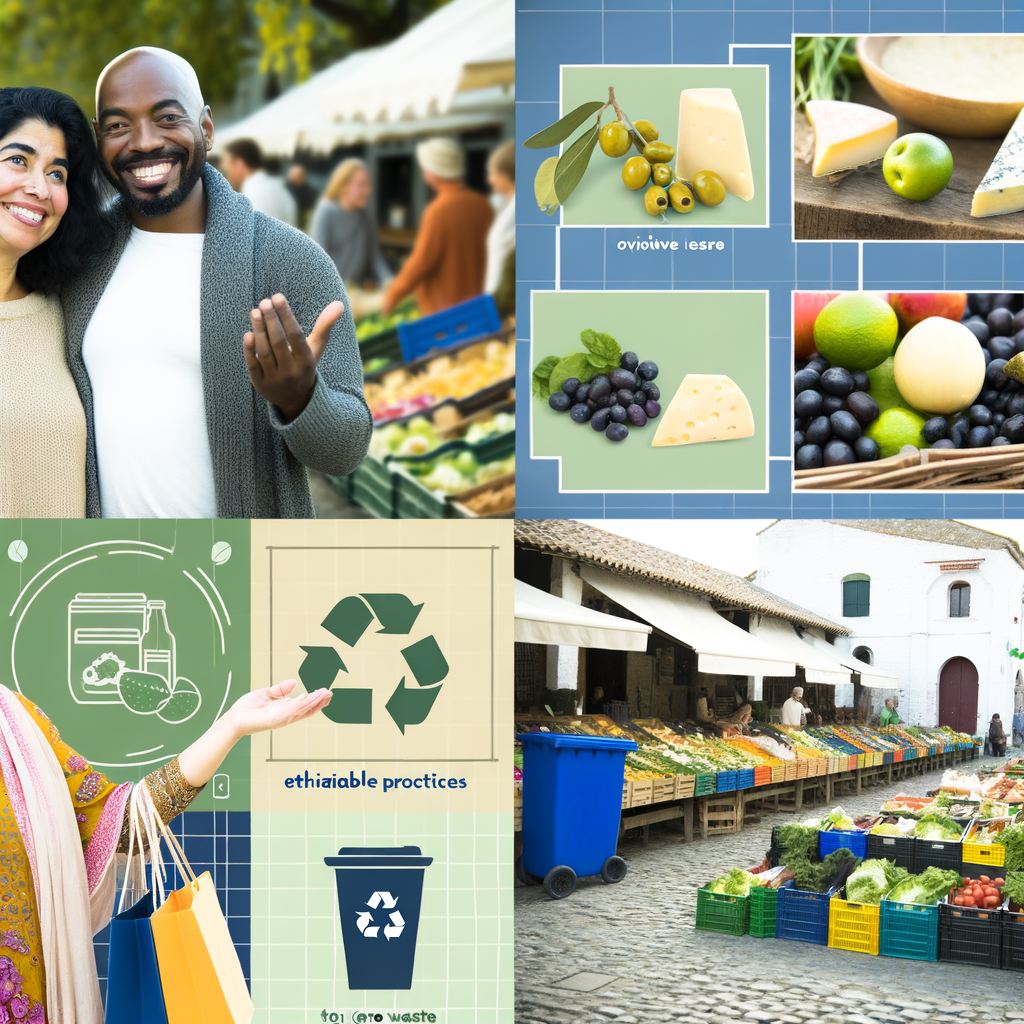The concept of ethical eating has been gaining popularity in America in recent years, as people become more aware of the impact their food choices have on the environment and society. This movement is based on the idea of sustainable practices, which promote the use of local and organic ingredients, reduce food waste, and support fair labor practices. As a chef, it is essential to understand the role of ethical eating in promoting a healthy and responsible food culture in America.
One of the key aspects of ethical eating is the use of local ingredients. By supporting local farmers and producers, we not only reduce the carbon footprint of our food but also help the local economy. By sourcing ingredients from nearby farms, we can ensure that our food is fresh, in-season, and supports sustainable farming practices.
Another crucial aspect of ethical eating is reducing food waste. As chefs, we have a responsibility to use all parts of ingredients and avoid throwing away perfectly edible food. This can be achieved by creatively incorporating ingredients that are often discarded, such as vegetable scraps or leftover meats. Additionally, portion control and proper storage techniques can also help reduce food waste in restaurants.
Finally, ethical eating also focuses on fair labor practices. This means ensuring that the people involved in producing our food are treated and paid fairly. As chefs, we can support this by sourcing ingredients from companies and farms that have ethical labor policies and by promoting fair wages and working conditions in our own restaurants.
In conclusion, ethical eating is not just a trend, but a necessary step towards creating a more sustainable and responsible food culture in America. As chefs, we have the power to shape the food industry and promote ethical practices through our menus and actions. Let us continue to explore and embrace ethical eating in our restaurants and communities.





